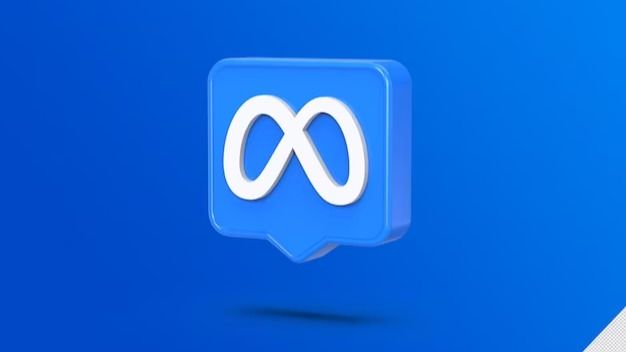Meta and the Misinformation Combat Alliance (MCA) have announced an innovative initiative to tackle the spread of AI-generated misinformation ahead of India’s upcoming Lok Sabha elections in April-May. The collaboration aims to launch a dedicated fact-checking helpline on WhatsApp in March 2024, providing users with a platform to report suspected deepfakes and misleading AI-generated content.
The joint effort between Meta and the MCA emphasizes the importance of independent fact-checkers and research organizations in countering the proliferation of deepfakes. The fact-checking helpline will offer multilingual support in English, Hindi, Tamil, and Telugu, allowing users to report suspicious content and contribute to the fight against misinformation.
One of the key components of this initiative is the establishment of a central ‘deepfake analysis unit’ by the MCA to assess incoming reports and collaborate with fact-checking organizations to verify the authenticity of the content. This four-pronged approach encompasses detection, prevention, reporting, and awareness-raising, highlighting the comprehensive nature of the effort to address the escalating threat of deepfakes.
Shivnath Thukral, Director of Public Policy India at Meta, emphasized the need for industry-wide cooperation to effectively combat AI-generated misinformation. He reaffirmed Meta’s commitment to combating deceptive AI use, referencing the Tech Accord’s pledge to safeguard the integrity of elections. This commitment to collaboration and integrity highlights a proactive approach to addressing the challenges posed by AI-generated misinformation.
Bharat Gupta, President of the Misinformation Combat Alliance, lauded the formation of the Deepfakes Analysis Unit as a crucial step in curbing the dissemination of AI-enabled disinformation. Gupta underscored the collaborative effort involving fact-checkers, journalists, civic tech professionals, and forensic experts, underscoring the diverse expertise required to effectively address the issue of AI-generated misinformation.
Meta’s fact-checking program in India, which includes partnerships with 11 independent fact-checking organizations, underscores the company’s dedication to promoting accurate information on its platforms. Additionally, WhatsApp, which is owned by Meta, encourages users to verify suspicious content through dedicated fact-checking channels. This comprehensive approach to addressing misinformation reflects a commitment to fostering an informed and responsible online community, particularly in the lead-up to significant electoral events.
In conclusion, the collaboration between Meta and the Misinformation Combat Alliance to launch a dedicated fact-checking helpline on WhatsApp represents a significant step in the fight against AI-generated misinformation. By leveraging the expertise of independent fact-checkers and research organizations, as well as implementing multilingual support and a comprehensive approach to deepfake analysis, this initiative demonstrates a proactive and collaborative effort to safeguard the integrity of information. As our reliance on digital platforms for news and information continues to grow, initiatives like these are essential for promoting a responsible and informed online environment.
Opinion:
The launch of a dedicated fact-checking helpline on WhatsApp in March 2024 is a commendable and timely initiative to address the proliferation of AI-generated misinformation. The collaborative effort between Meta and the Misinformation Combat Alliance underscores the importance of industry-wide cooperation in combating the spread of deepfakes and misleading AI-generated content. The comprehensive approach, multilingual support, and emphasis on independent fact-checkers demonstrate a proactive commitment to promoting accurate information and safeguarding the integrity of elections. As the threat of AI-generated misinformation continues to evolve, initiatives like these are crucial for fostering a responsible and informed online community.


